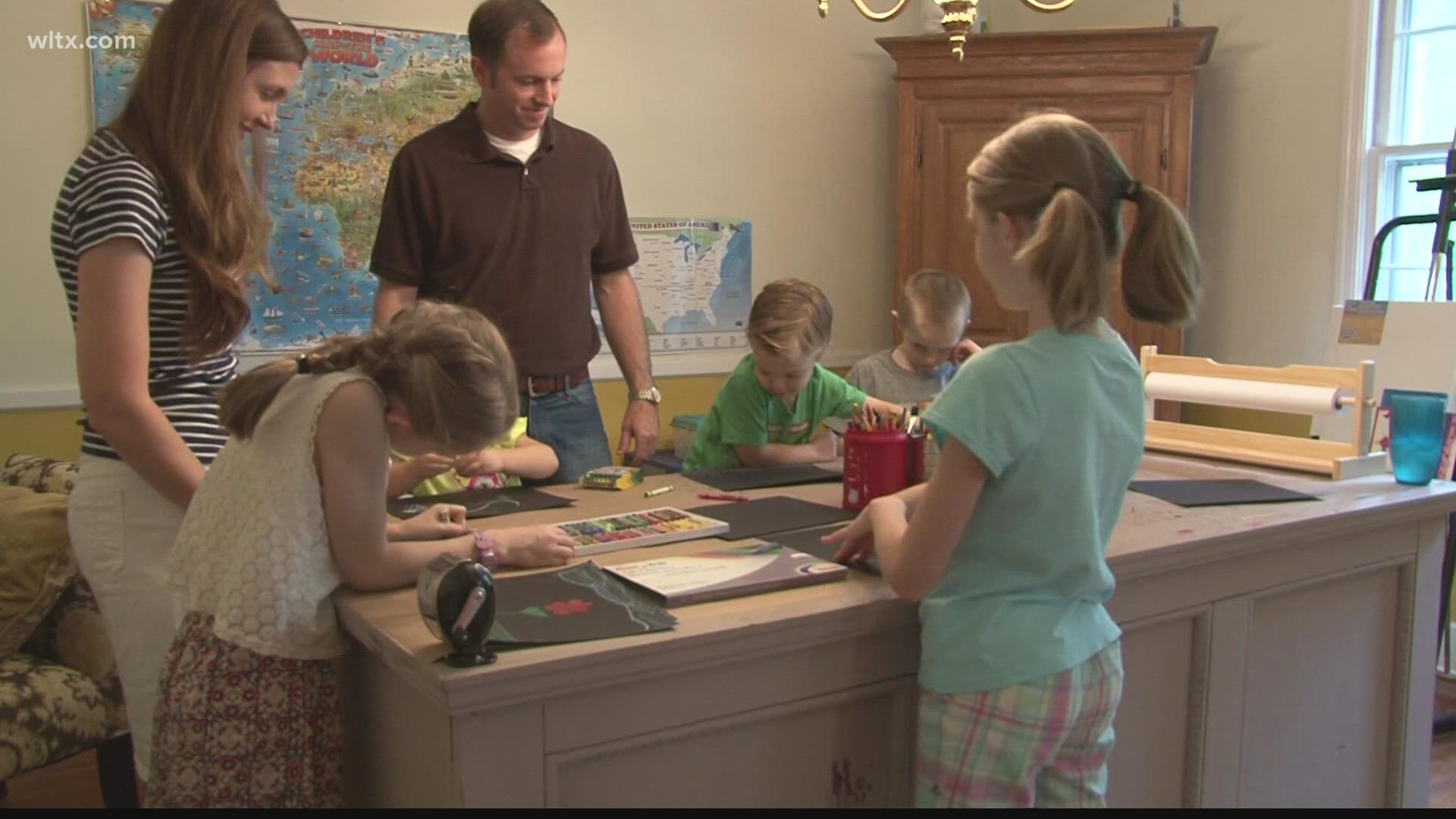COLUMBIA, S.C. — A bill which would create extended resources for youth in foster care over the age of 18 is making its way through the South Carolina State House.
Tori Shuler is the director for advocacy at Fostering Great Ideas, a non-profit helping children and youth struggling in foster care.
"It's really difficult to survive when you're on your own at 18," said Shuler.
As someone who aged out of foster care, she fully supports the bill House lawmakers are trying to pass.
"We want to make sure that we as the foster care system, and that includes nonprofits like ours, are wrapping around these kids to make sure that they have every chance for survival," said Shuler.
Adults under the age of 21 who are, or were in legal custody of the South Carolina department of Social Services (DSS) on their 18th birthday would be eligible for the extended foster care program.
The program gives youth access to resources such as help with college tuition, getting a GED, rent, healthcare, mental health services and more.
“We want to provide these supports so when that youth ages out of foster care we can help them become upstanding individuals in the community and that they can hold their own," said Director of communications and external affairs at DSS Connelly-Anne Ragley.
Ragley said many of these children are at a higher risk of incarceration and unplanned pregnancies and are less likely to finish their education.
Currently, there is a voluntary placement program in South Carolina for foster youth who age out, which is funded through state dollars. According to DSS, there are 177 youth in the program.
If the bill is passed, South Carolina will be able to use federal funds to help cover the costs. South Carolina is one of two states without this type of legislation.
”it’s a win win bill for children who are in the foster care program and I think for DSS and us as a state in South Carolina," said co-sponsor of the bill Richland County representative Beth Bernstein.
A senate committee unanimously passed the bill Wednesday. The bill now heads to the Senate floor for debate.
The bill unanimously passed the house in January.

